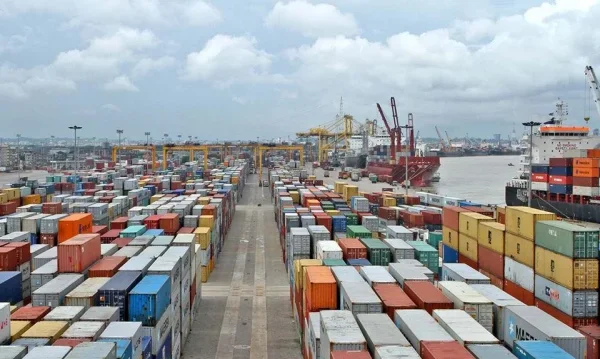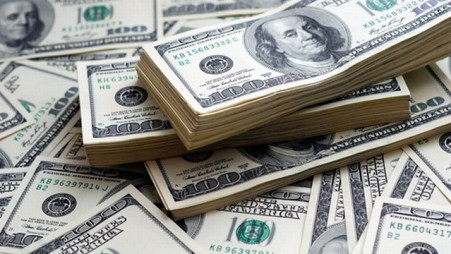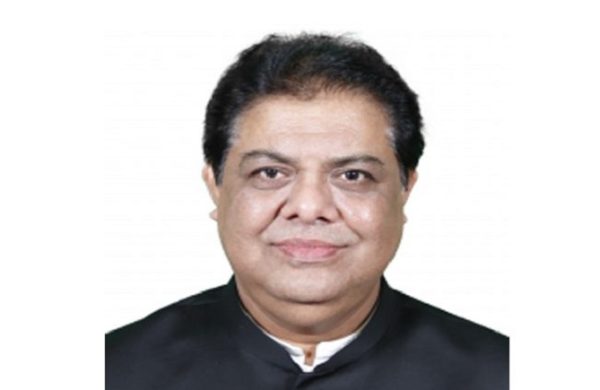Budget FY25: Inflation target set at 6.5pc amid rising prices
- Update Time : Thursday, June 6, 2024

TDS DESK:
Just days before the unveiling of the upcoming fiscal year’s budget, the country’s general inflation surged to a seven-month high of 9.89%, driven primarily by rising food prices.
Finance Minister Abul Hassan Mahmood Ali presented the Tk797,000 crore national budget to Parliament on June 6, revealing an inflation target of 6.5% for Fiscal Year 2024-25. This budget, approved by Prime Minister Sheikh Hasina in May, marks the country’s 54th budget.
Unlike the usual 10% to 12% increase in the budget size compared to the previous year, this year’s budget will increase by less than 8%, reflecting a contractionary approach with a lowered GDP growth projection of 6.9%.
Recent data from the Bangladesh Bureau of Statistics (BBS), released on June 3, showed that food price inflation hit 10.76% in May, up from 10.22% in April. Food inflation had exceeded 12% for three consecutive months starting last August before easing to single digits by December.
The overall inflation rate in May was 9.93%, the highest since October of the previous year, remaining above 9% since March 2023.
In his budget speech, the finance minister noted that while Bangladesh managed the economic effects of Covid-19, geopolitical instability, particularly the Russia-Ukraine war, raised global prices and pushed inflation up in Bangladesh.
However, despite a decrease in global inflation, Bangladesh’s inflation remained high due to supply chain disruptions and the devaluation of the Taka against foreign currencies, driven by a trade deficit and reduced foreign exchange reserves.
To combat this, the government is strengthening monetary and fiscal policies and enhancing support programs like Family Card and OMS to shield people from high inflation. The finance minister expressed optimism that these measures would bring the inflation rate down to 6.5% in the next fiscal year.
















